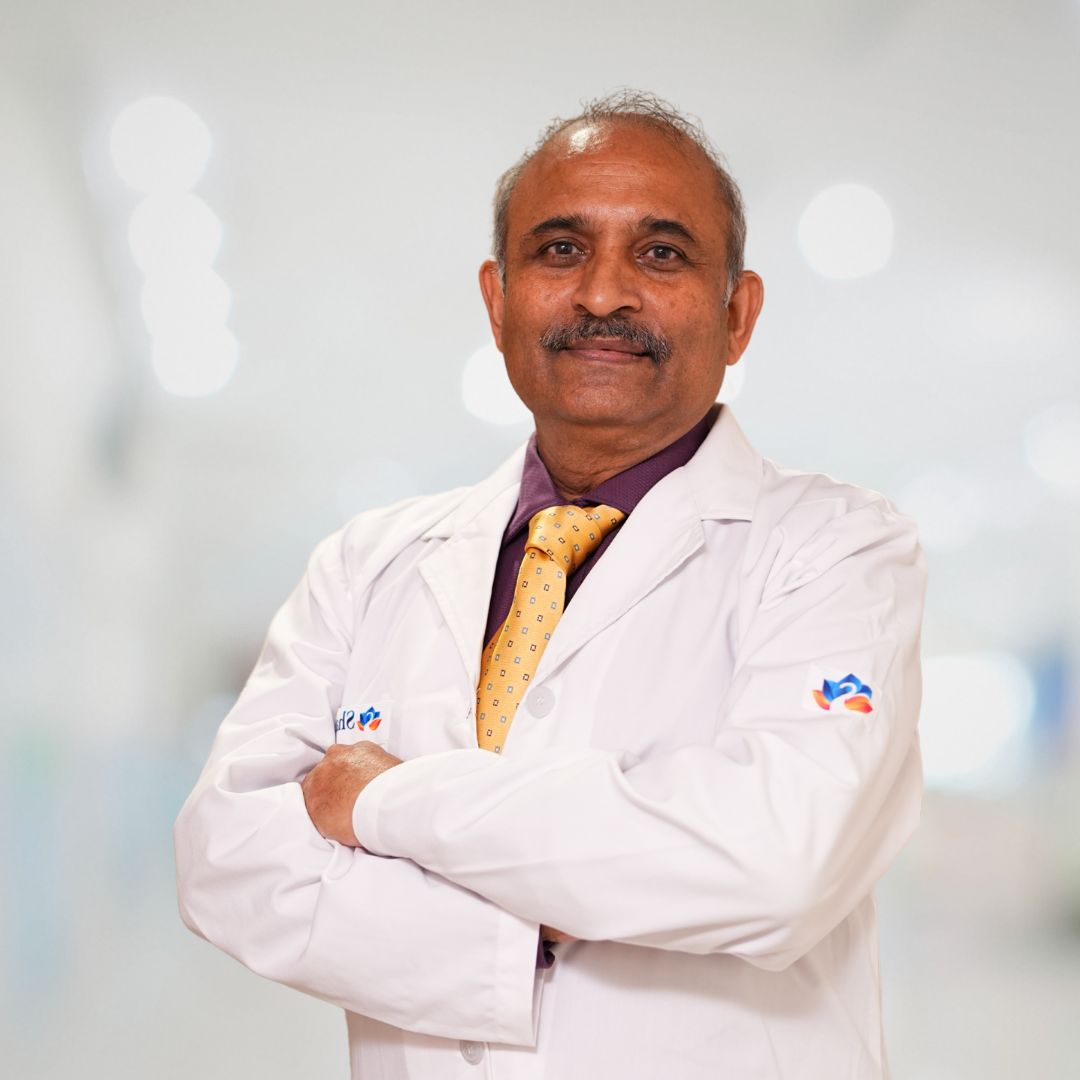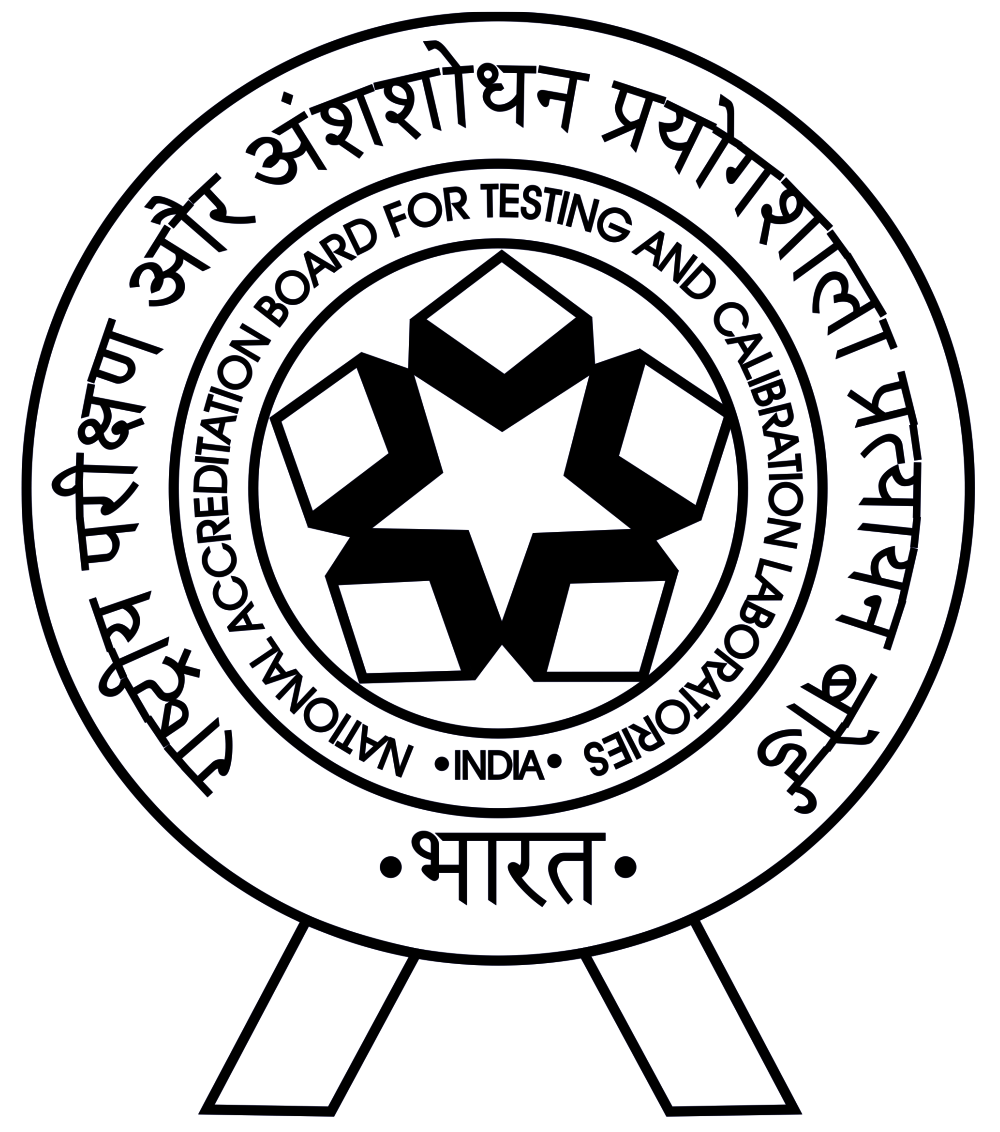
Advanced Skin Grafting Surgery at ShardaCare – Healthcity
At ShardaCare - Healthcity, we offer advanced Skin Grafting procedures to restore damaged or missing Skin effectively. Skin Grafting involves Harvesting Healthy Skin from one part of the Body and Transplanting it to areas with Injuries or Scars. Over time, the Grafted Skin integrates with the surrounding tissue, promoting healing and restoring function. This technique is often utilized in cases of severe burns to replace scar tissue with healthy skin, contributing to the patient's recovery and well-being.
Types of Skin Grafts
Split-thickness grafts:
In a Split-Thickness Graft, the top layer of the Skin (Epidermis) and a portion of the Deeper Layer (dermis) are removed from the Donor Site, typically located on areas like the Front or Outer Thigh, Abdomen, Buttocks, or Back. These Grafts are ideal for covering larger areas of damaged Skin. However, they may appear Fragile, Shiny, or Smoother than the surrounding Skin, and they may need additional Grafts as children grow older.
Full-thickness grafts:
A Full-Thickness Graft involves removing all layers of the Skin from the Donor Site, including the Epidermis and Dermis. The Skin is usually Harvested from Areas like the Abdomen, Groin, Forearm, or Above the Clavicle. These Grafts are smaller and provide better Cosmetic outcomes, blending seamlessly with the surrounding skin. They are commonly used for small wounds on highly visible parts of the body, such as the face.
Looking for an Expert
ShardaCare - Healthcity is home to some of the eminent Doctors in the world.
Book an Appointment
















